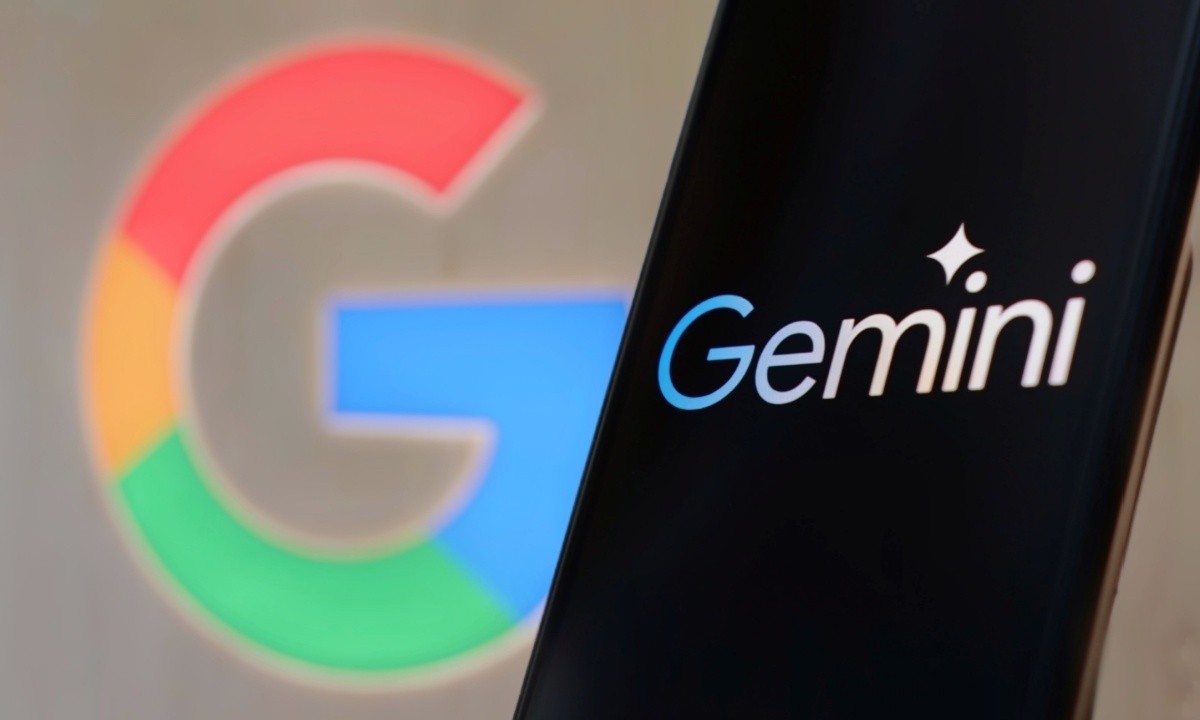Concerns Arise Over Antitrust Issues Following Google’s Preinstallation Agreement for Gemini AI with Samsung

Google’s Antitrust Trial: Financial Dealings with Samsung Unveiled
Background of the Antitrust Case
In the unfolding antitrust trial against Google, new evidence emerged that focuses on the company’s financial dealings with Samsung. These arrangements have raised significant concerns regarding Google’s dominance in the tech industry, especially as it relates to its search engine services. This legal battle comes amid ongoing accusations that Google has been engaging in monopolistic practices.
Financial Support for Samsung
Recent testimony revealed that Google has been making substantial monthly payments to Samsung to ensure that its Gemini AI app is preinstalled on Samsung devices. According to reports from Bloomberg, this deal represents a significant financial commitment, described as an “enormous sum of money.” The arrangement is part of a two-year contract established earlier this year after allegations of Google’s antitrust violations surfaced.
Key Points from the Testimony
- Payments to Samsung: Google’s Vice President of Platforms and Device Partnerships, Peter Fitzgerald, stated that the payments initiated earlier in 2023 following the detection of antitrust issues.
- Default Placement: Under the strategy, the Gemini AI assistant has been set as the default assistant on new devices, particularly the Galaxy S25 series, which has pushed Samsung’s own Bixby assistant into a secondary position.
- Competing Offers: The Justice Department (DOJ) expressed concern regarding Google’s arrangements, particularly after Fitzgerald disclosed that other tech companies, including Perplexity and Microsoft, had also approached Samsung to propose preinstallation of their AI solutions.
Legal Implications and Disclosures
During the trial, it was noted that Google had recently sent amended agreements to manufacturers just days before the trial started, prompting questions about the company’s motives. Moreover, internal documents indicated that Google had contemplated stricter distribution deals that would have bundled its apps, such as Search and Chrome, with the Gemini AI app.
- Distribution Agreements: These agreements aimed to tighten Google’s grip on device manufacturers, potentially sidelining competitors in the AI space.
- Ongoing Monitoring by DOJ: The Department of Justice is closely monitoring these developments to assess the full scope of Google’s competitive practices.
Financial Details and Previous Accusations
The exact sums involved in Google’s agreement with Samsung remain undisclosed in court documents. However, Bloomberg has indicated that these payments include fixed monthly sums alongside a percentage of ad revenue generated from the Gemini app. These financial dealings raise questions about Google’s influence in the technology sector.
- Past Payments: In previous cases, it was revealed that Google paid Samsung approximately $8 billion to ensure that several of its services, like Google Search and Google Assistant, were the default options on Samsung devices between 2020 and 2023.
- Judicial Findings: A federal jury found Google had monopolized the Android app market, and a California judge has mandated the company to relax restrictions that hinder developers from creating alternative app marketplaces.
Potential Consequences
The current legal challenges could lead to significant modifications in how Google operates its business. Depending on the outcomes of these trials, several possibilities exist:
- Restriction on Negotiations: If recommended by the DOJ, Google may be barred from entering into default placement agreements in the future.
- Sale of Chrome: The company could be required to divest its Chrome browser.
- Licensing Requirements: Google may be compelled to license much of the data that powers its search engine.
Google’s legal team argues that only minimal changes, such as the cessation of default placement agreements, should be necessary rather than the more extensive restrictions proposed by the DOJ.
The outcome of this trial not only impacts Google’s business model but also raises broader questions about the future of competition in the technology industry. As the case unfolds, all eyes will be on the courtroom to see how these revelations will shape the landscape of digital services and competition.






